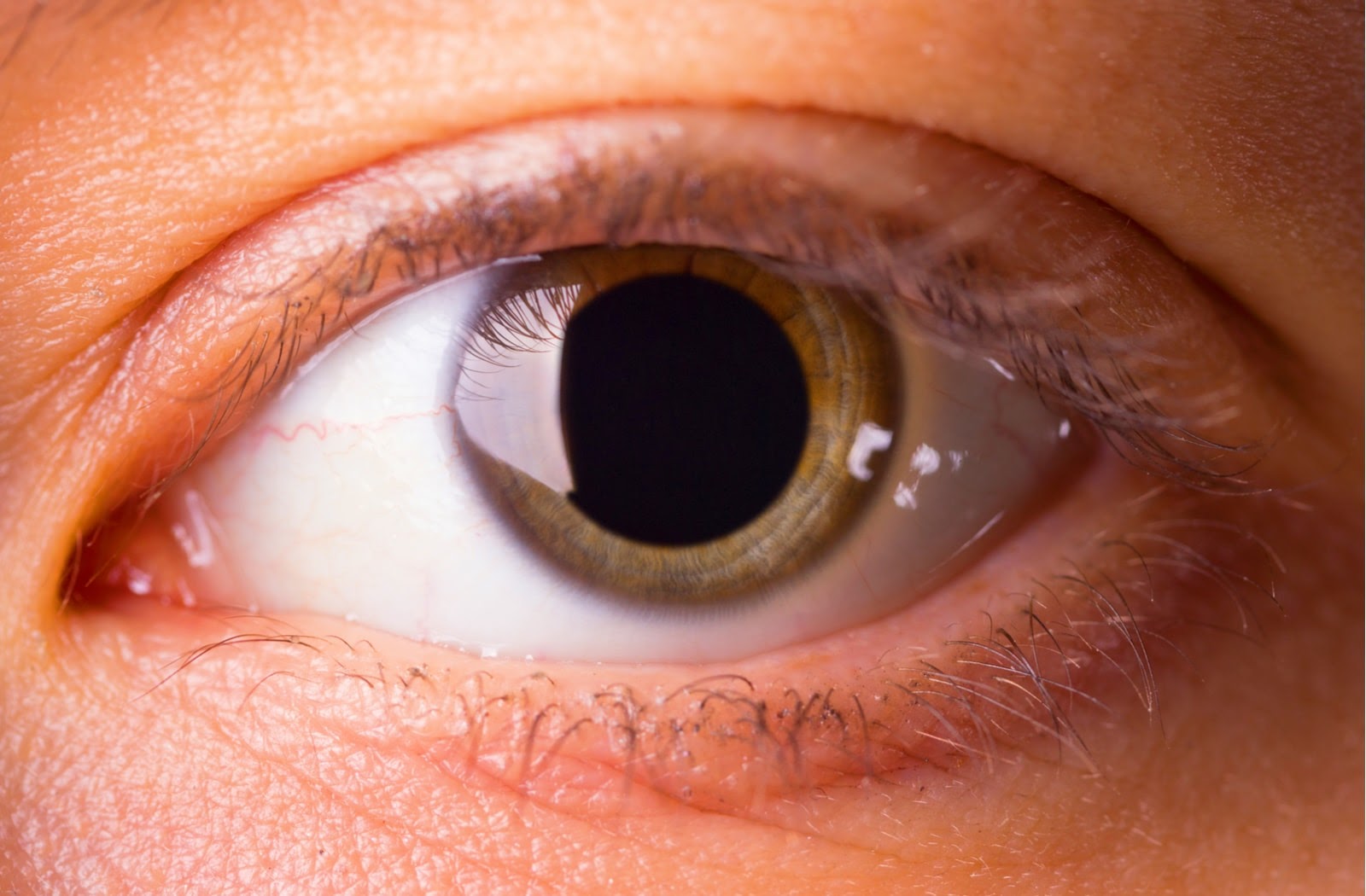Do you remember having your eyes dilated at your last eye exam? It’s an important and vital part of your examination to diagnose potential eye conditions. Below, you’ll learn more about eye dilation, its importance, and how long effects will last.
What is Eye Dilation?
Dilation makes something wider or larger and is used in optometry to view your eyes effectively. Eye dilation can ensure your visual health.
Your eyes are dilated during an exam to provide information on all aspects of your vision. An optometrist administers eye drops to open the centre of your iris (the pupil). These drops force your pupils to stay open in light and allow your optometrist to see the entirety of your eyes.
Why is Eye Dilation Important?
Eye dilation is crucial to complete a comprehensive eye exam. Without this step, your optometrist cannot effectively view the back of your eye. Opening your pupils allows for the diagnosis of eye conditions including:
It’s important to identify any developing eye conditions early on. As eye disease is usually progressive, an early diagnosis can prevent severe symptoms, like blindness, from developing. While eye dilation is important to ensure your eye health, it’s important to understand how long your eyes will be affected.
How Long Does Eye Dilation Last?
After eye drops are administered, it takes between 15 to 30 minutes for the pupils to completely open. Eye dilation affects each individual differently, but you can expect the effects to last between 4 to 6 hours. Effects could also wear off sooner or last longer than 6 hours.
4 to 6 hours is a long time for your eyes to be dilated. Your day keeps going after your exam, so what are the effects of this procedure (besides huge pupils)?
What are the Side Effects of Eye Dilation?
There are a few short-term side effects of eye dilation. While harmless, they may bother your eyes until your pupils return to normal. Side effects of eye dilation include:
- Trouble focusing
- Blurry vision
- Light sensitivity
These can affect each person differently, so it’s important to find the best ways to take care of your eyes.
Driving After Eye Dilation
Your eyes cannot adjust to control the amount of light entering into them after dilation. While your overall vision may not be affected, glare from light can irritate your eyes.
You may want to arrange a safe ride home after having your eyes dilated, especially if you’ve never experienced it before. You might feel confident driving home, but it’s best to be cautious any time your vision could be impaired.
Working after Eye Dilation
Trouble focusing after eye dilation can affect you at work, so taking the day off isn’t a bad idea. If you do feel comfortable working, however, you can choose to continue with your day. If you work outside, a pair of sunglasses will help protect your eyes.
Blurry vision and light sensitivity are major annoyances, and there are a few methods to help manage these side effects.
Managing the Side Effects of Eye Dilation
Knowing the side effects of eye dilation helps to find the best ways to manage any potential discomfort. There are several methods for managing eye dilation side effects:
- Have a ride home
- Bring sunglasses
- Rest your eyes
Remember these tips for your next eye exam and your eyes will feel comfortable until the effects of the dilating eye drops wear off.
Have a Ride Home
Whether it comes from family, a friend, or Uber, preparing a ride home removes the stress of travel after an eye exam. Your eyes are more sensitive to light after dilation and any glare may affect your ability to drive safely. If you’ve experienced eye dilation before and feel comfortable driving, feel free to do so.
Bring Sunglasses
Bring sunglasses along, and your eyes will thank you. Your eyes are particularly sensitive after dilation, so sunglasses will play a crucial role in protecting them from excess sunlight. Your optometrist will likely have a pair for you, but having your own ready is handy.
Rest Your Eyes
Your vision might be blurry, sensitive, and you may have trouble focusing following your eye exam, so reading and using the computer might be difficult. This can affect your ability to effectively work, so rest your eyes for a couple of hours if you can. Avoid tasks using your eyesight to protect your eyes from potential strain.
The effects of eye dilation are inconvenient at best, so utilize these tips to treat your eyes with the care they deserve.
Being Prepared
The importance of eye dilation in your eye exam cannot be understated. As the effects last longer than your visit, managing your eyes appropriately in the hours after your exam will help to ensure your ocular health and comfort. If you’re having any visual discomfort or concerns, contact your optometrist to set an appointment for an eye exam.
















